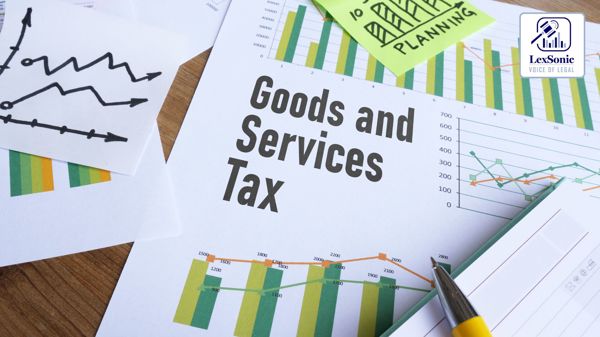Technical Glitches Help Exporter Win Late GST Refund Appeal.
A recent court case highlights the challenges faced by businesses during the initial implementation of the Goods and Services Tax (GST) regime in India. The case involved an exporter who was denied a refund for unutilized input tax credit (ITC) on zero-rated supplies due to a late filing. However, the court ruled in favor of the exporter, considering the exceptional circumstances.
Background:
The petitioner, an exporter, attempted to file for a refund of unutilized ITC accumulated on zero-rated supplies (goods exported without payment of integrated GST). However, their application was rejected because it was submitted beyond the two-year limit mandated by the Central Goods and Services Tax Act (CGST Act).
The petitioner argued that they encountered technical glitches while trying to file the application electronically. They also claimed a GST officer advised them to wait until after filing the GST return and obtaining bank realization certificates before submitting the refund application. The respondents (GST authorities) disputed this claim.

Court's Reasoning and Decision:
The court acknowledged the two-year limitation period under the CGST Act. However, they also considered the following factors:
- The petitioner's documented attempts to file the application electronically despite technical glitches.
- The possibility that the limitation period might be directory, not mandatory, in cases where technical issues or official guidance caused delays.
- The initial period of GST implementation being a transitional phase with various difficulties for taxpayers.
Taking these factors into account, the court concluded that the petitioner's actions were bona fide and the delay resulted from exceptional circumstances. Therefore, the court directed the authorities to examine the petitioner's refund claim and process it if found valid.
Key Takeaway:
This case emphasizes the importance of documenting efforts to comply with tax regulations. Even if deadlines are missed due to technical issues or official guidance, proper documentation can help businesses present their case effectively. The decision also highlights the courts' understanding of the challenges faced during the GST rollout and their willingness to consider exceptional circumstances.
CENTRAL GOODS AND SERVICES TAX ACT, 2017
